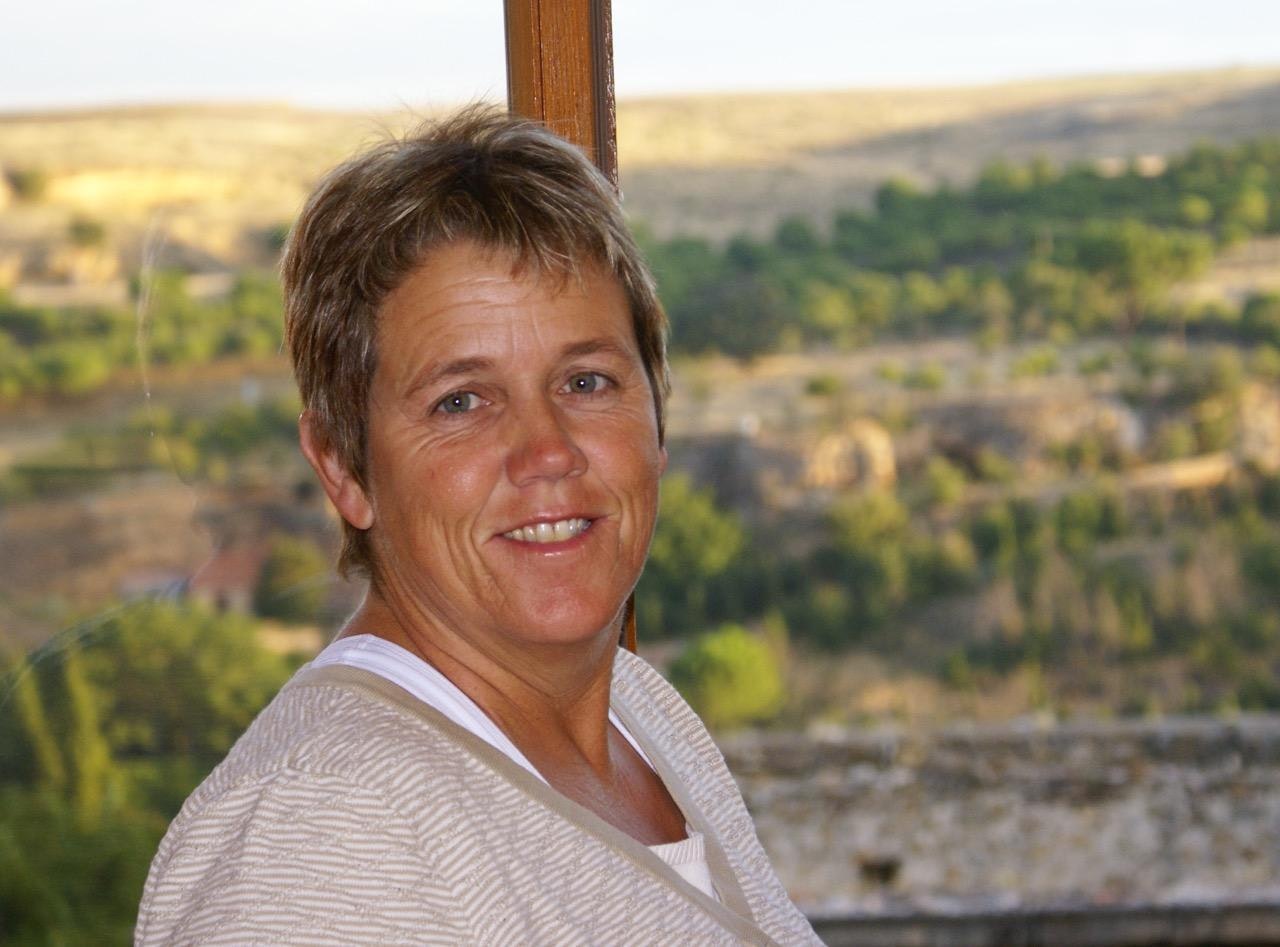This national emergency has only compounded our normal cabin fever as we put winter behind us and we’re all chomping at the bit to get out and do something.
We are tired of having businesses closed down and being told to stay home. We’re tired of not having our children in school with their teachers. We are terrified by what has happened to our economy. We don’t want to wear face coverings. We don’t want to practice social distancing.
We’re nearing the end of President Trump’s “30-days to slow the spread” campaign, and as we near that mark, the pressure is on to reopen America and start the recovery process.

Every day of warmer weather leading us to May 1 has led to more complacency with the mitigation measures that were created to help us survive this pandemic, even as Wyoming’s case count continues to rise.
I get it. Everyone is unhappy and stressed, and either the government is doing too much, or the government isn’t doing enough. General complaints about government aren’t doing much to help anything, but let’s all take personal responsibility for what happens next.
Even before this national emergency, there tends to be an uptick in human injuries caused by the enthusiasm of getting outside in response to spring weather.
We all seem to engage in riskier activities like riding spring-kinked horses, getting on dirt-bikes and 4-wheelers, or going for long hikes regardless of our fitness levels.
What we end up with is wrecks and medical emergencies, and more heart attacks, strokes, and car accidents. We end up needing to call for help. And there – in every community – are the first responders willing to take their own risks to rescue us.
Unlike the majority of the population, these people are trained and highly skilled at getting victims found, stabilized, and transferred out of whatever predicament we’ve found ourselves in.
In this pandemic we are asking first responders to do even more. Right now, our reckless or thoughtless actions (or pure dumb luck) place our first responders in even more jeopardy.
We do that by exposing them to a threat that they can’t see, and that perhaps they won’t know they (or you) are carrying. They may be fine, but unknowingly transmit coronavirus to someone else. You or I may be doing the same.
I know that when you head out on a beautiful sunny day, you aren’t thinking that you will be doing anything dangerous, or that you may end up in a medical emergency before you can return home, but that’s how all accidents happen.
The May 1 opening of the shed antler season is expected to bring an influx of horn hunters to the public lands of western Wyoming even during this national emergency.
Switching the opening hour from midnight to noon has some shed hunters grumbling about cheaters and lack of enforcement, but hopefully the time change will help to tame the chaos of year’s past.
But each of those horn hunters will transport with them a heightened risk of transmitting COVID-19, even as they view their activity as low-risk since they’ll be in the great outdoors.
They’ll stop for gas or groceries, or to open a gate. Some will have overturned 4-wheelers or get thrown by a horse. They will add to the growing burden we’ve placed on our first responders, and the potential cost is significant.
We all need to take personal responsibility for our own actions, and to be aware of the burdens that we are placing on others as we engage in higher-risk activities.
Here on the ranch it’s shearing season, and any time we have to work animals in confinement heightens our risk of injury. The arrival of our shearing crew brings the same added threat as the traveling horn hunters, so we’ve had to make changes and added precautions to reduce both the risk of injuries and threat of disease transmission. Some of it seems unwelcoming or inhospitable.
But what is most unwelcome is COVID-19 transmission. If the series of small actions I take can reduce the threat I pose to others, I’m good with that.
Cat Urbigkit is an author and rancher who lives on the range in Sublette County, Wyoming. Her column, Range Writing, appears weekly in Cowboy State Daily. To request reprint permission or syndication of this column, email rangewritesyndicate@icloud.com.





